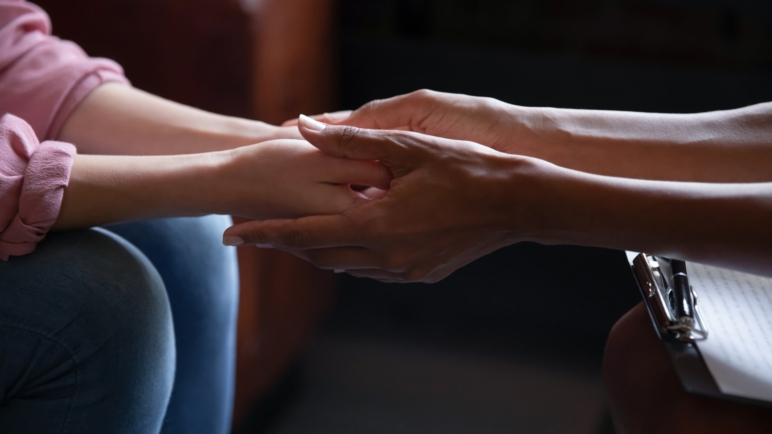Before a patient walks into your office, you’re just a random clinician the patient got an appointment with. That patient could have just as easily gone to see a provider down the hall from you, across the street, or across town. At that point, we’re all interchangeable. What leads a patient to see you as opposed to some other clinician often has nothing to do with who you are but with your office location, the patient’s health insurance plan, or some other such factor.
But once the patient’s eyes meet yours, everything changes, sometimes slowly and sometimes quickly. You are no longer just another random clinician. You are becoming that person’s trusted advisor, and that person will start to imbue you with all types of significance. You are now unique and better than the provider down the hall or the one across town. You are better because you now belong to that patient.
When I was a second-year resident, I first became aware of this process of the unfolding relationship between myself and my patients. I began to realize how patients incorporated me into their inner lives. If a person said, “During the week I was thinking about what you said last time we met,” you’d think I’d be pleased with the impact I was having. I am now, but at that earlier stage of my career, I was mildly freaked out. I felt like the patient somehow captured part of my soul, and the rest of me squirmed.
Was my emotional response rational? Of course not. But my inchoate discomfort was indicative of something important going on. That something is the nature of the relationship that develops between a clinician and their patient. I now realize the power of this relationship and can harness it (often? sometimes?) for the patient’s benefit. Back then, I was beginning to see the power of the relationship but was daunted by it because I didn’t know how to harness it and where it might lead.
What happens when a patient starts to form a relationship with you? They start to become attached, and you become their attachment figure. Remind yourself that you have the chance to become their advocate, their guide. You are a powerful person or, rather, you are a person in a powerful position: you have the knowledge and the status to help them. You can deploy your resources on their behalf.
But with such interpersonal power comes responsibility. I like to say that to truly own your power as a clinician and do so without ambivalence, you have to be clear of mind and pure of heart. We should periodically remind ourselves that we must always act in the patient’s best interests. That’s what a fiduciary relationship requires ethically and legally. Sometimes this requires saying “no” to a patient’s requests. Sometimes it means disagreeing. Sometimes it means recommending seeing another clinician for a second opinion.
Now, of course, some patients who come to see us don’t care that much about us, and their relationship with us is purely transactional: they come in to get a prescription and then leave as soon as they can. They’re not looking for a guide or an advocate. This is OK and expected. Different patients have different needs, and I’m willing to meet them where they’re at – as long as I don’t think what I’m doing is detrimental to them.
As an experiment this week, try saying one of the following to select patients and see what kind of response you receive:
- “I was thinking about your case this week and wanted to share a recommendation that might help.”
- “I’d like to get your input on a specific aspect of your treatment plan.”
- “I’m happy to see you today. I’ve been looking forward to seeing your progress.”
Until next time,
Dr. Jack
LanguageBrief
“Love all, trust a few, do wrong to none.” ― William Shakespeare
“Our bodies have five senses: touch, smell, taste, sight, hearing. But not to be overlooked are the senses of our souls: intuition, peace, foresight, trust, empathy. The differences between people lie in their use of these senses.” ― C. JoyBell C.
“Nothing in life is to be feared, it is only to be understood. Now is the time to understand more, so that we may fear less.” ― Marie Curie Sklodowska
“The best way to find out if you can trust somebody is to trust them.” ― Ernest Hemingway







Leave A Comment